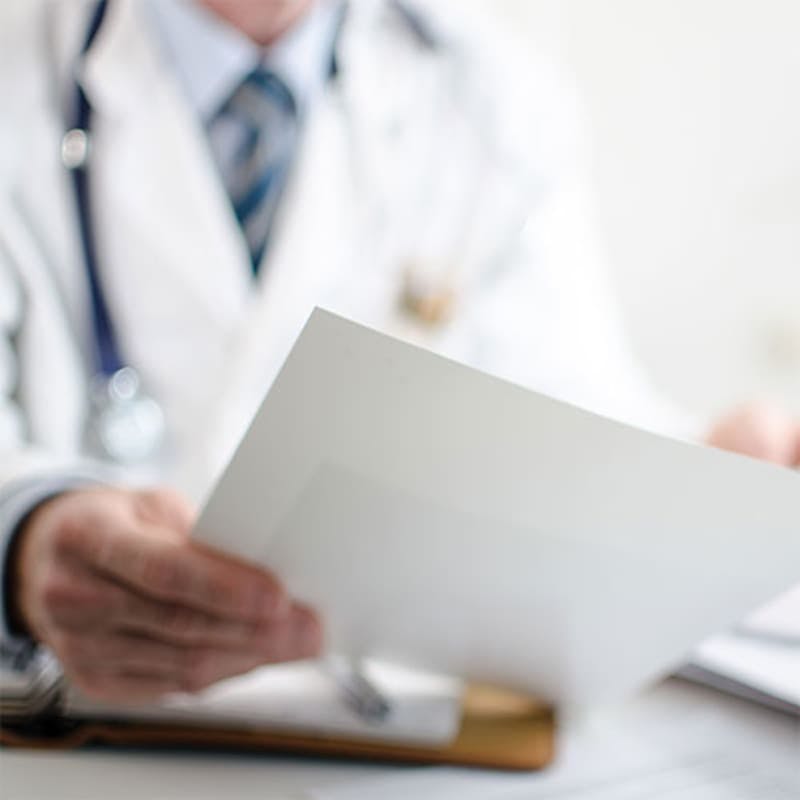Sick notes – also known as fit notes, doctor’s notes, and med3s – can be complicated to navigate.
They are especially challenging if you have been fortunate enough to never need one.
Medicspot GP’s can write Sick Notes and Fit Notes for you. If you think you need one just book an online GP Appointment via the link below. The appointment costs from as little as £29 – including the Sick Note or Fit Note.
Please note that a Sick Note or Fit Note is not guaranteed – the decision is made by the doctor on a case-by-case basis.
